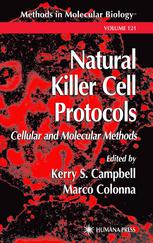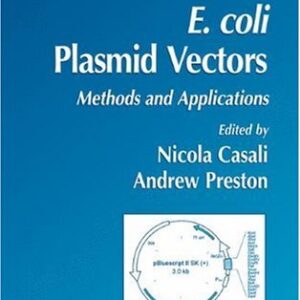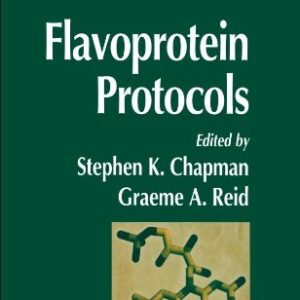Soybean protei ns are wi de 1 y used inhuman foods ina vari ety of forms, including baby formulas, flour, soy protein concentrates, soy protein isolates, soy sauces, textured soy fibers, and tofu. The presence of inhibitors of digestive enzymes in soy proteins impairs nutritional quality and possible safety of this impportant legume. Normal processing conditions based on the use of heat do not completely inactivate these inhibitors, so that residual amounts of plant protease inhibitors are consumed by animals and man. Inhibitors of digestive enzymes are present not only in legumes, such as soybeans, lima beans, and kidney beans, but also in nearly all plant foods, including cereals and potatoes, albeit in much smaller amounts. The antinutritional effects of inhibitors of proteolytic enzymes have been widely studied and can be ameliorated by processing and/or sulfur amino acid fortification. A more urgent concern is reports that rats fed diets containing even low levels of soybean-derived inhibitors, which are found in foods such as soy-based baby formulas, may develop over their lifespan pancreatic lesions leading eventually to neoplasia or tumor formation. On the other hand, recent stUdies suggest that certain enzyme inhibitors from plant foods may prevent cancer formation in other tissues. A key question, therefore, is whether inhibitors from plant foods constitute a human health hazard.
Biology
[PDF] Nutritional and Toxicological Significance of Enzyme Inhibitors in Foods Michael Laskowski Jr. (auth.), Mendel Friedman (eds.)
$19.99

![[PDF] Nutritional and Toxicological Significance of Enzyme Inhibitors in Foods Michael Laskowski Jr. (auth.), Mendel Friedman (eds.)](https://pdfelite.com/wp-content/uploads/2024/04/3ae860ae9763d9c54e62c03ebd7ac220-d.jpg)




Reviews
There are no reviews yet.